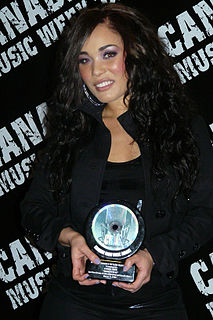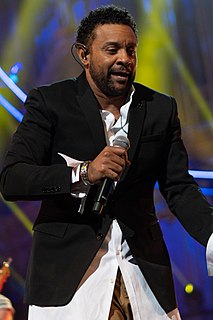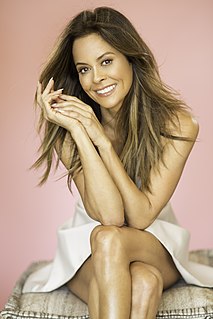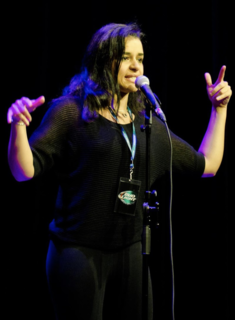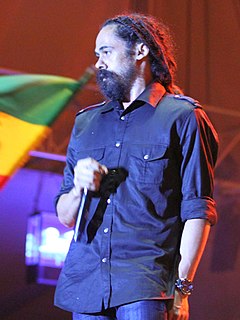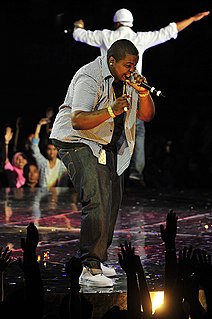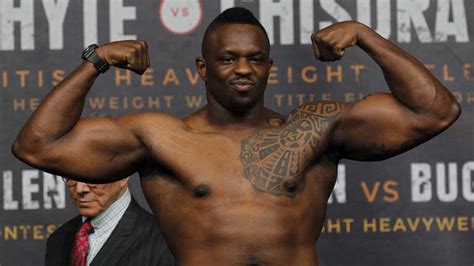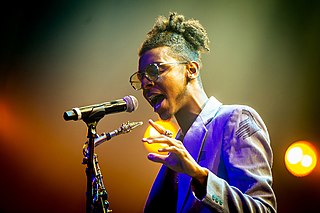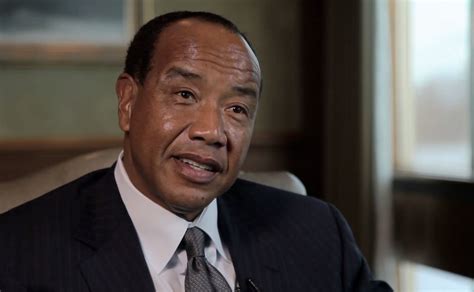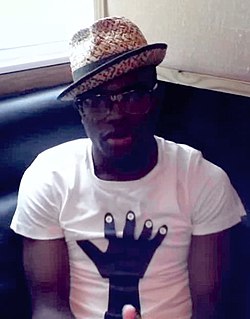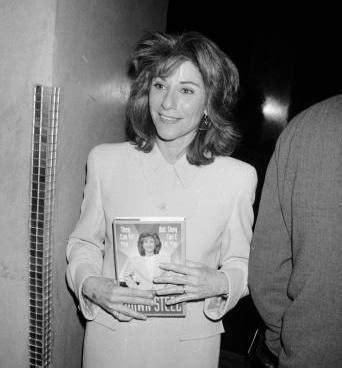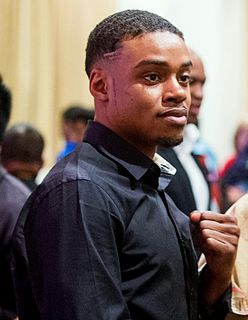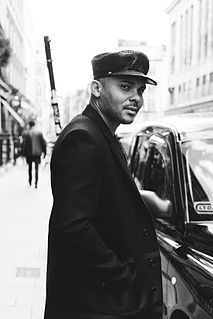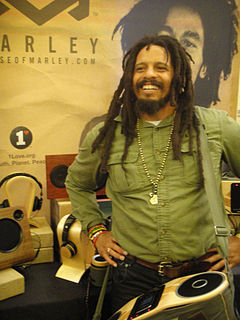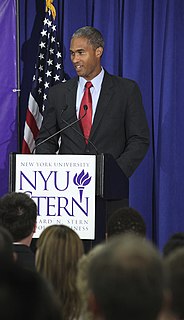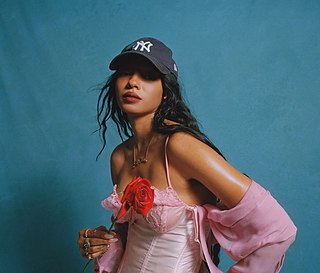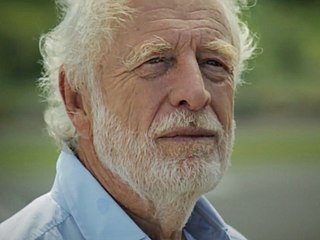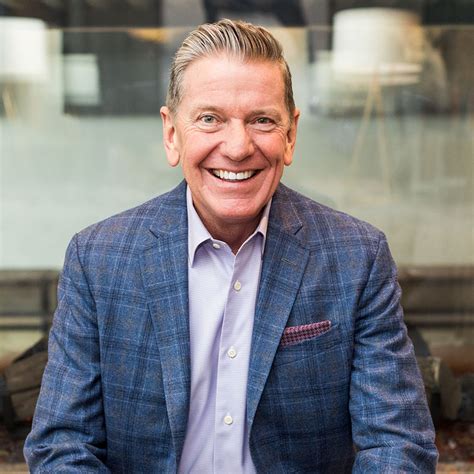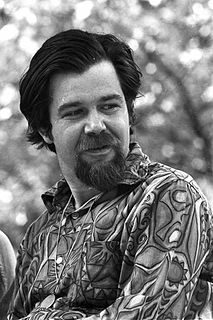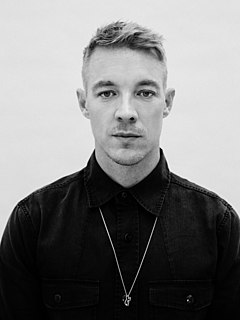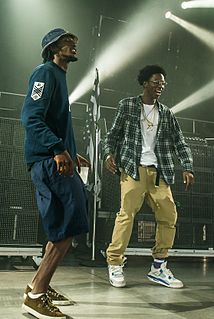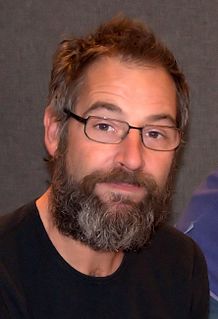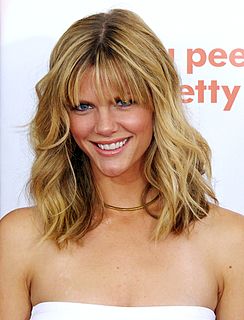Top 217 Jamaica Quotes & Sayings - Page 3
Explore popular Jamaica quotes.
Last updated on December 21, 2024.
I believe that many lives around us now can reflect this strange pattern of migration and movement. The question is: are we aware of it, and do we embrace it as a kind of birthright? I do. And yet, I feel deeply connected to at least two homespaces - Jamaica and Ghana, and more recently, South Carolina.
So I've got mates I've known since I was five years old. Their children know my children. There's something really lovely about it. When you're an immigrant - my parents were immigrants, their brothers and sisters lived all over the world, Florida, Jamaica, some in Europe - it's a grounding thing. That community is critical.
I'm a spiritual man and I've always felt connected to Rastafari. I'm not a Rastafarian but I've got so much respect for the lifestyle and religion, and I'm so thankful I was able to meet some of the most influential Rastafarians during my Jamaica trip. They taught me so much and really helped me evolve into who I am today.
The great gift of 'Incarceration Nations' is that, by introducing a wide range of approaches to crime, punishment, and questions of justice in diverse countries - Rwanda, South Africa, Brazil, Jamaica, Uganda, Singapore, Australia and Norway - it forces us to face the reality that American-style punishment has been chosen.
One of the things we're trying to do more of is not just take money from corporate partnerships, but get more involved in the business side for when I retire. So Puma are going to make me an ambassador for life. I have a clothing line coming out. I am investing a lot in housing in Jamaica, buildings for rent.
We don't have all this gay-bashing crime. You don't see that. It's not there. That is not really happening in Jamaica. But because a few artists basically sing it and put records out and the media runs with it, then the stigma becomes big, and now we're trapped with that whole thing. It's really sad.
I was born in Jamaica but was educated by, and now serve, prestigious First World institutions, so I believe that I have a unique, dual perspective. To sidestep any biases I might have, I use the objective lens of the stock market to discover which policies actually delivered prosperity to emerging markets.


